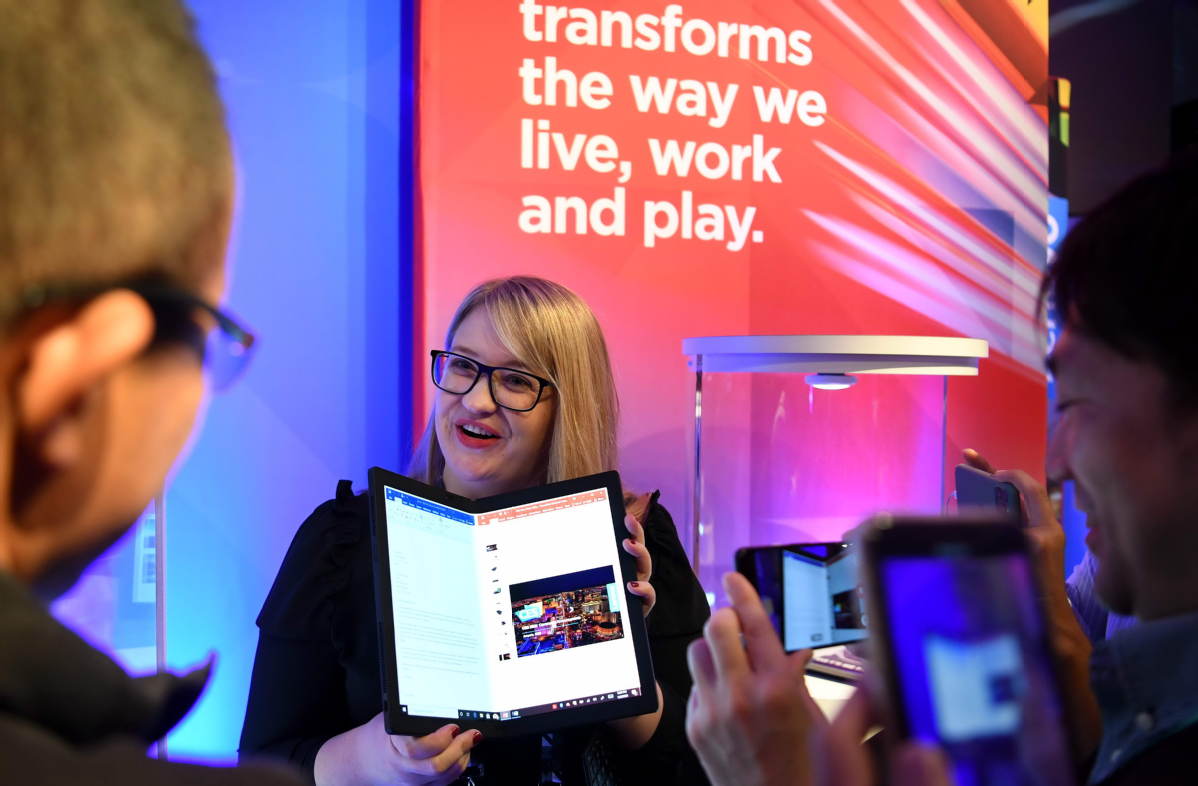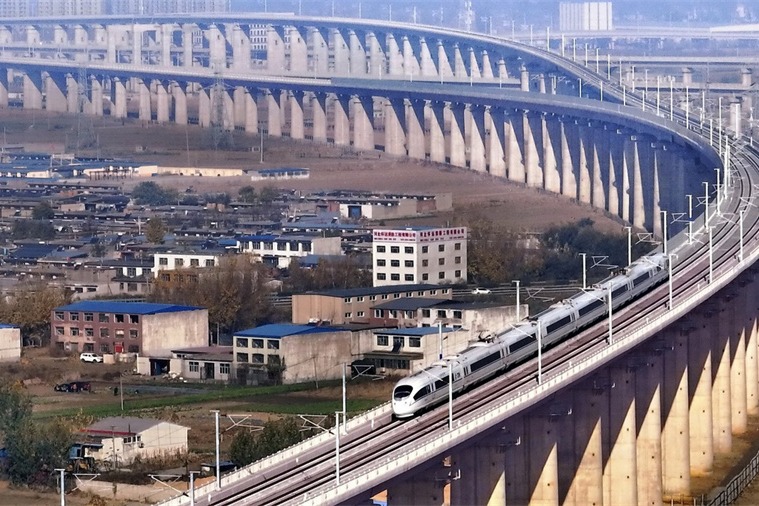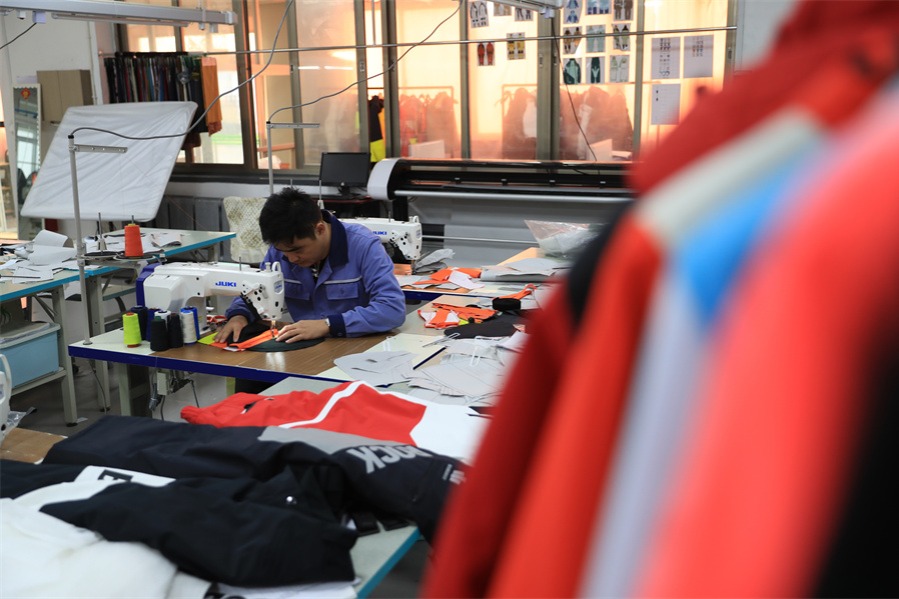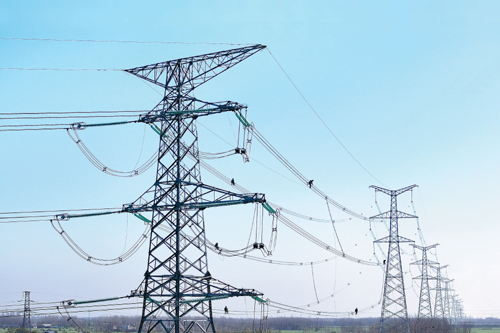Phase one deal benefits China, US and world


The whole world should breathe a sigh of relief at the news that China and the United States have signed a phase one trade deal. Even though the deal is not comprehensive and many issues are still to be resolved, any step showing goodwill and amity between China and the US is important for shaping the rest of the 21st century for the better.
Many of the steps taken by China are in fact part of China's long-term economic reform and opening-up strategy. Over the past few years, China has been strengthening the commercial rule of law, pushing to increase the role of the market, and opening up many sectors to foreign competition. These steps were taken for the good of China, but they can also benefit other economies.
It should especially be noted that China is making strong good-faith efforts to meet the US at least halfway and to alleviate the relevant concerns of the US. No country would ever agree to take steps that could sabotage its future growth or technological development. But, the phase one deal, combined with widespread reform and opening-up, shows that China is working hard to strengthen its own real economy and to reach a win-win deal with the US.
China is buying more of the kinds of products that the US has a comparative advantage in producing. The US has strong capabilities in agricultural products, energy, and some kinds of manufactured products. Trade in these products is good for China and for the US.
Since 2013, the Chinese yuan has fallen less against the dollar than the euro has, so the charge that China manipulated the yuan never had any basis in fact. But it is a welcome sign that the US has formally removed China from the list of so-called currency manipulators.
China is in the midst of a widespread opening up of its domestic economy to foreign participation. It is further opening up its financial services markets, vehicle manufacturing, oil and gas exploration and so forth. In most sectors, foreign companies will be allowed 100-percent ownership. Plus, China has been strongly increasing its means to enforce intellectual property rights. Both the law and China's top leaders guarantee that foreign companies will not be forced to transfer technology.
All these things were put in motion long before the phase one deal and are in China's interests. Further opening up the economy to foreign competition will help force Chinese companies to raise their expertise and competitiveness. China's companies are rapidly developing their own proprietary technologies, so China has strong reasons to enforce intellectual property rights. This is part of a widespread reform of the economy to boost the private sector and allow market forces to allocate resources.
Even this partial deal will be good for both US and Chinese businesses. The US tariffs on Chinese imports have disrupted supply chains of US producers, since there are many inputs that are best sourced from the many entrepreneurial companies in China. Even worse than the current tariffs, fear of the future has limited the ability of US companies to plan production.
US consumers have also had problems because of the tariffs. For example, cameras and lenses have increased in price about 15 percent because of the tariffs. Many other products increased in price by similar amounts.
The phase one deal will also benefit Chinese consumers. For example, imports of farm products from the US should help reduce the high price of pork, which was caused by the African swine fever epidemic.
The change in atmosphere between the two countries is more important than the details of the phase one agreement. There is no good reason for the recent animosity between the US and China, but it will be very bad for the world if it continues. The two countries have many interests in common and few real interests in conflict.
I have been worried lately by the increased talk in the bipartisan US foreign policy establishment about a new cold war. It is beginning to seem that the only type of analysis that many of these so-called experts can think about is in terms of the US-Soviet Cold War. This kind of thinking could be self-fulfilling and could lead to a much worse world in the future.
In his final address to the nation as president (1953-61), Dwight Eisenhower, who was a career military officer and commanded Allied forces in Europe during World War II, famously warned about the influence of the military-industrial complex. I used to scoff at the idea that financial interests might be a key factor in leading the US into conflict and war. But, the US and China have so little in real dispute between them that I'm reluctantly concluding that much of the push for a new cold war is coming from people whose incomes and careers depend on finding an enemy.
The relationship between the US and China is nothing like the mid-20th century relationship between the US and the Union of Soviet Socialist Republics. Central Europe was a clear and important area of potential military-strategic conflict during the Cold War. But the US has no significant strategic interests impacted by China.
During the Cold War, the US and the USSR had almost no economic or cultural contact. Today, hundreds of thousands of Chinese have studied and worked in the US, so lots of Chinese have a deep understanding of the US system and culture. On the other hand, I do fear that very few US citizens have more than a superficial, largely false, understanding of China.
Right now, the US economy is booming. Famously, the unemployment rate is the lowest since 1969-maybe the lowest ever in peacetime. But we don't know whether this great economic situation is a permanent improvement, or just a bubble that will be followed by the inevitable bust.
There are some fundamental long-term problems in the US economy-especially the rise of consumer indebtedness and the decline of manufacturing-but China had little, if anything, to do with causing these problems.
President Donald Trump is right to worry about the long-term effects of the decline of US manufacturing jobs. But, this decline was caused primarily by a failure of US firms to invest in manufacturing. The US financial system led many corporate leaders to emphasize short-term profits while ignoring long-term investment. Beginning in the 1960s, financiers replaced engineers as leaders of companies. Furthermore, US elites began to look down on people who made things or worked with their hands.
The decline of the once great US manufacturers cannot conceivably be blamed on China. The only solution is domestic reforms. For US citizens, it is time to stop blaming others and fix our own problems.
I have never met President Trump and have no inside knowledge of his thinking, but my analysis of his speeches leads me to believe that he sees China as a business rival, not as a strategic enemy. If this is true, it is critically important. Business rivalry benefits the world and leads to positive sum outcomes. Treating others as enemies can lead only to very, very negative sum outcomes.
The whole world should welcome the phase one agreement as a first step toward an amicable, win-win relationship between the world's two largest economies.



































